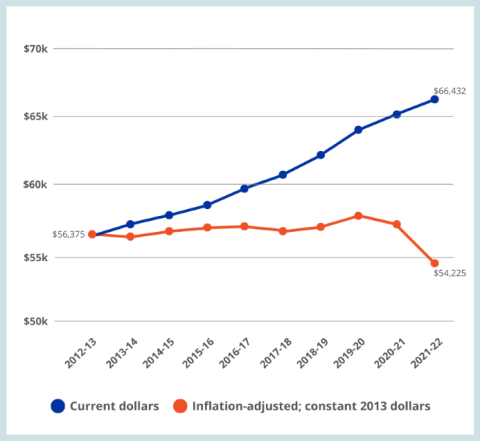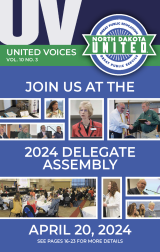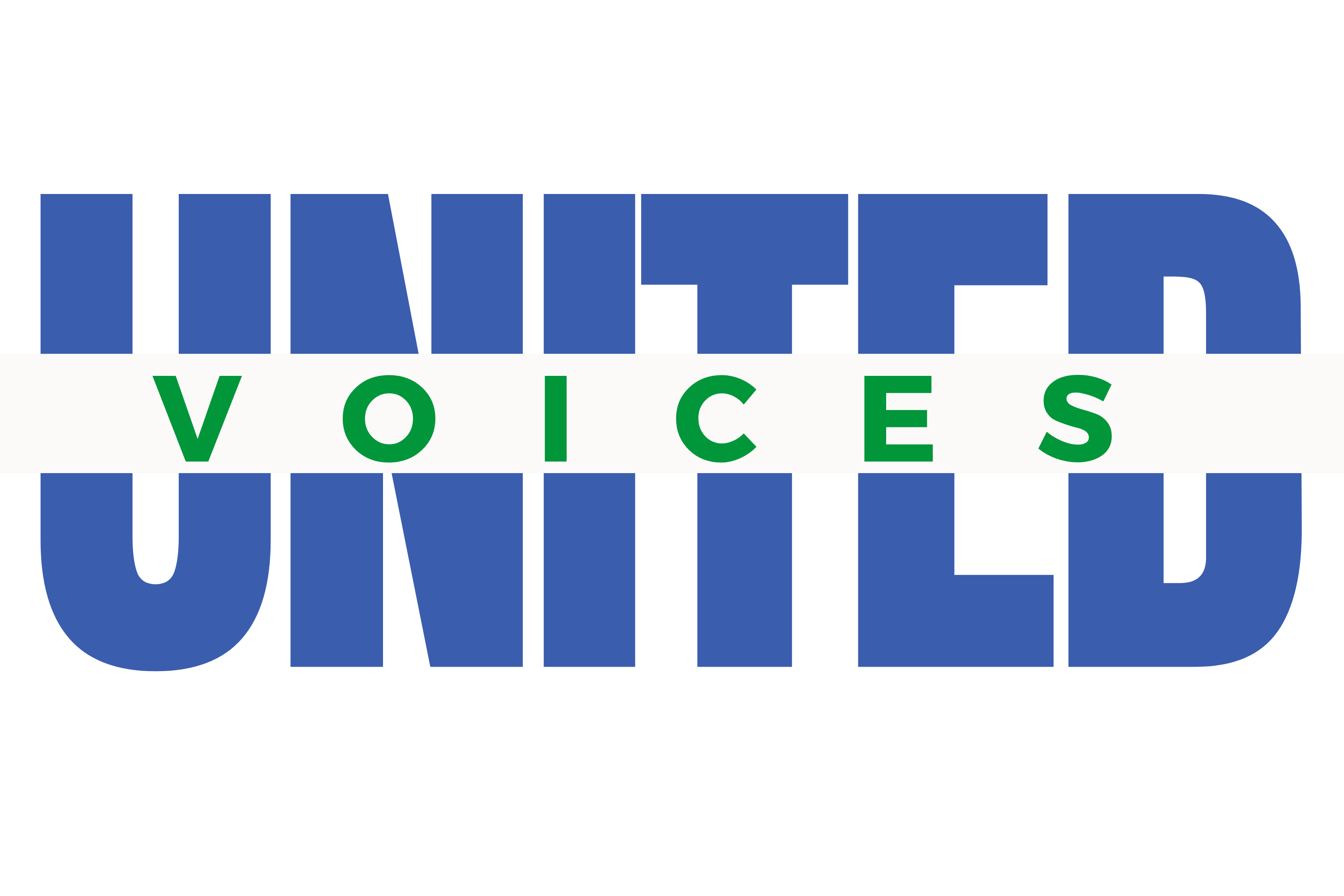While most of a Mandan kindergarten class was outside enjoying activities, their teacher was inside explaining to a student how their decisions to bother a classmate could lead to unsafe behavior.
Eventually, three classroom assistants led the students back inside to clean their room before they continued their reading lesson.
Kindergarten teacher Monica Klein said teachers don’t always have classroom assistants or time to offer guidance to students who may be dealing with problems at home or struggling socially.
“There are just lots of hats that teachers wear and I think sometimes those hats definitely can get heavy,” said Klein, who teaches at Mandan’s Lakewood Elementary. “And that’s where we’re seeing the teacher burnout.”
In response to a statewide teacher shortage, Gov. Doug Burgum announced in September the creation of the Teacher Retention and Recruitment Task Force, which is aimed at reducing educator turnover and identifying policies to reduce strain on educators and facilities.
The 15-person task force is made up of educators, school board members, superintendents, principals and state lawmakers who will meet this year and present recommendations to Burgum and the state superintendent at the end of September.
Klein, who also is president of the Mandan Education Association, said teachers in Mandan have needed to adjust their way of educating students multiple times since she began teaching in the district 10 years ago.
“I’ve seen us really persevere and have a lot of grit to get through some really tough times, like COVID, and some higher class sizes as we were doing some building here in Mandan,” Klein said.
She also said “outside community challenges” like mental health, family finances and childcare can all have an effect on students in the classroom.
“We’ll have some more behavioral issues,” Klein said. “You are wearing multiple hats as a teacher where you are not only teaching, but you are also stepping into the role of helping them through things emotionally. You are also stepping into the role to help them and their families find the resources that they need in order to be at a level to learn when they are at school.”
Klein said she believes she’s fortunate to work for Mandan Public Schools, but she’s also heard different stories from her colleagues across the state.
“A lot of people will leave kindergarten to go teach upper elementary grades, or be done completely, because it’s a lot of taking care of the kids before you can teach them the curriculum,” she said.
Klein added that if K-12 districts don’t have the funding they need, they can’t offer adequate salaries or hire enough support staff.
Quote byMonica Klein , Mandan Educator
Another major point of concern for teachers, Kline said, is legislation proposed that can be negative or hurtful to teachers. She cited discussion last session involving vouchers for private schools as an example.
“We have a lot of questioning content, really questioning our professionalism and what we teach in the classroom,” Klein said. “As a profession, we are very transparent about what our curriculum is, what we teach and the methods that we use.”
Nick Archuleta, president of North Dakota United, the union that represents K-12 educators and other public employees, agreed with Klein and said political discourse surrounding education has been detrimental to educator morale.
“Some folks were calling teachers ‘groomers’ for example,” Archuleta said. “Those kinds of discussions around public education have an impact on how teachers feel about the job they are doing and make them question whether they have the support of the public.”
He said the impact of that political discourse is compounded because it hinders the recruitment of new teachers to the career field.
“Teachers don’t go into education because they want to be part of a political scrum,” Archuleta said. “They go in there because they want to make sure students have the very best opportunities they possibly can to be successful. Not just in school, but in their lives after school.”
He also said salaries needed to be addressed, if education is to remain a viable career option.
According to the National Education Association, national teacher pay has not kept pace with rising inflation over the last decade. In fact, the organization reports real teacher earnings, after inflation, are about $2,000 less per year than they were 10 years ago.

“We are also not doing enough to retain those teachers,” he said.
In August, Burgum approved a rule change from the North Dakota Education Standards and Practices Board to alleviate educator shortages that allowed student teachers who had completed their coursework to serve as the “teacher of record” while they complete a semester-long internship, a move opposed by ND United. The rule change expires on June 30, 2025.









